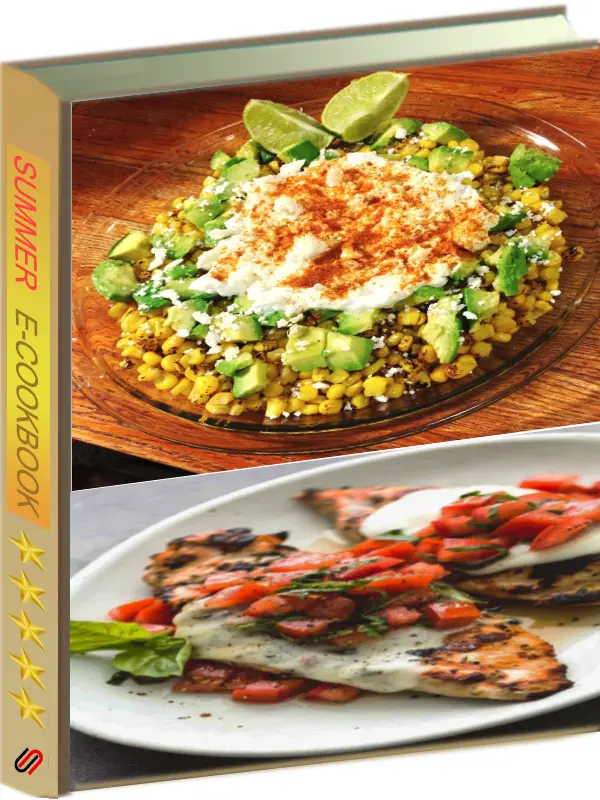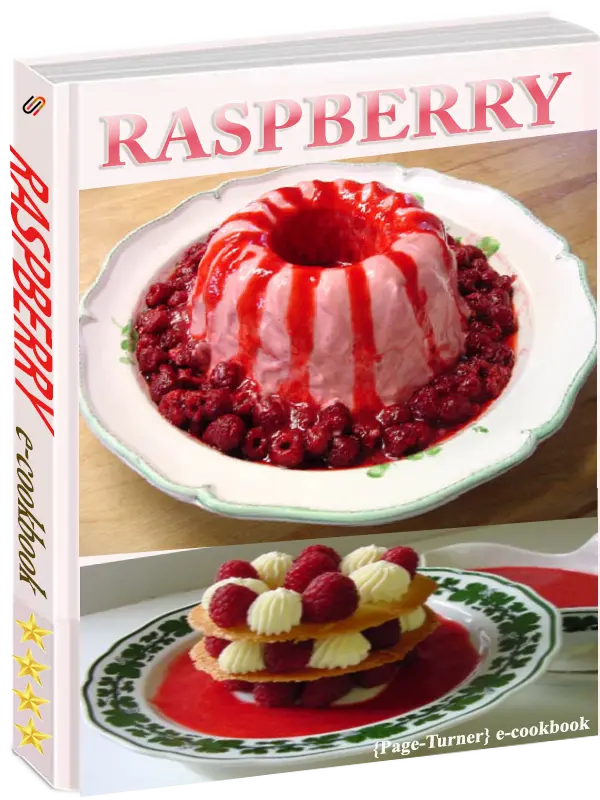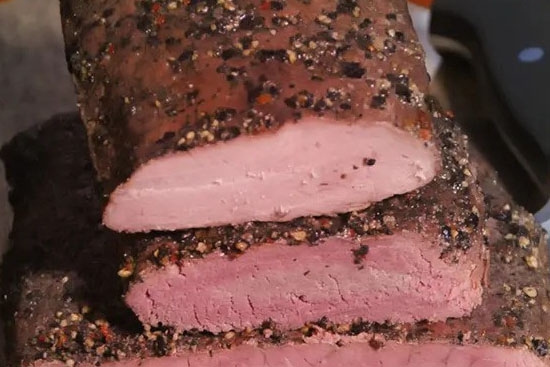
Wild game pastrami

serve the venison pastrami warm or cold. Slice thinly and make classic pastrami sandwiches with rye bread, sauerkraut, swiss cheese, and mustard.
Ingredients
-
3 lb. elk round roast or equivalent from any horned or antlered game.
Brine:
1 gallon water
2 tbsp. pink salt or Instacure #1
1 cup kosher salt
3/4 cup brown sugar
3 tbsp. pickling spices
Rub:
2 tbsp. black pepper
1 tbsp. ground coriander
1 tbsp. garlic powder
1 tbsp. brown sugar
1 tbsp. paprika
1 tbsp. mustard seed
Directions
Preparation
In a non-reactive pot or crock, add brine ingredients to the water. Gently heat and mix until salt and sugar is completely dissolved. Place in the refrigerator until chilled.
In a non-reactive container, add the meat to the brine, making sure the meat is completely submerged. Cover with lid or tightly seal with plastic wrap.
Brine in the refrigerator for 4-5 days.
Remove meat from the brine, rinse thoroughly, and then allow it to dry for an hour.
Cut a small test piece, fry it and taste. If it’s too salty, soak the meat in cold water for an hour or two, rinse and dry.
Next add the rub to the surface of the meat. You’ll want to generously coat it with the rub mixture.
Place in a smoker preheated to 225 degrees and hot smoke the meat until the internal temperature reaches 145 degrees. You can also do this on a grill over low heat. Smolder wood chips in an aluminum pie tin in order to add smoke.
The final step is steaming the pastrami in a 275 degree oven. Add an inch or two of water or stock to a roasting pan then place the meat on a wire rack above the liquid. Cover tightly with lid or foil to ensure the liquid steams without escaping the roasting pan. Steam the meat in the oven for one to one and half hours.
Remove from oven and allow the pastrami to rest for at least ten minutes before slicing.
Good to know:
You can use roasts from the back legs of elk, deer or antelope, as well as brisket meat from large animals like moose or buffalo. A three-pound hunk of meat is about right.
Food grade sodium nitrite comes in the form of a pink salt, interchangeably referred to as instacure #1, pink curing salt #1, or prague powder #1. It contains about 6% sodium nitrite and 94% table salt. Sodium nitrate, on the other hand, is comprised of 6% sodium nitrite, 4% sodium nitrate, and 90% table salt and is referred to as pink curing salt #2 or prague powder #2.
The difference between these two salts is critical to understand as salt #1 can be used in fast cures and can be cooked and eaten quickly, while salt #2 must be cured long enough for the nitrates to convert into nitrites (nitrates should never be cooked and consumed). The vibrant reds and pinks inherent in cured meats occur when nitrite encounters oxygen and the resulting nitric oxide binds with the iron present in the meat.
A favorite wild game meal is elk pastrami. Serve it on rye bread, topped with Swiss cheese, sauerkraut, and stone-ground mustard and very easy to make. Think of it as your simple corned beef but with added layers of complexity from smoke and spices. Although the process of making pastrami takes several days, the reward is worth the wait.
Use elk round or sirloin roasts for pastrami because of their uniform shape and lack of tough connective tissue. You can also use roasts from the back legs of deer or antelope, as well as brisket meat from large animals like moose or buffalo. A three-pound hunk of meat is about right.
You can use smaller or larger pieces, but you’ll need to adjust the brining period accordingly. You can serve the venison pastrami warm or cold. Slice thinly and make classic pastrami sandwiches with rye bread, sauerkraut, swiss cheese, and mustard. Store the leftovers in a Zip-Loc bag or tightly sealed Tupperware in the refrigerator and pastrami will keep for weeks.



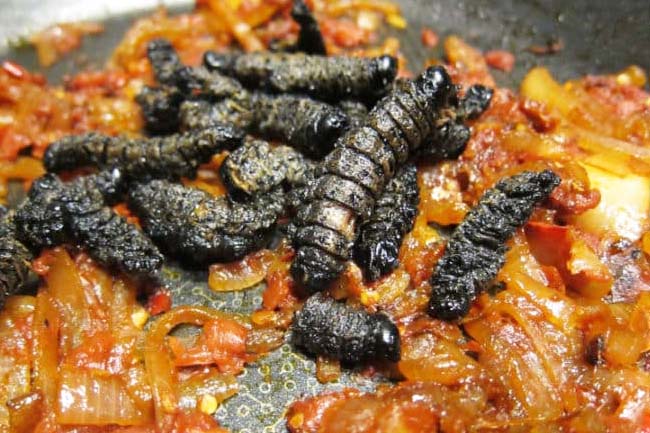
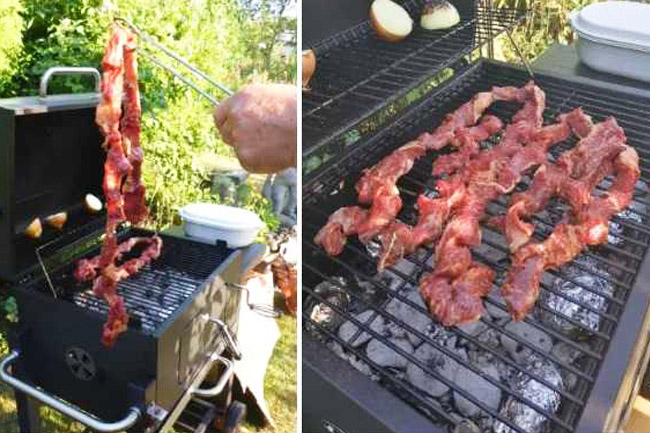


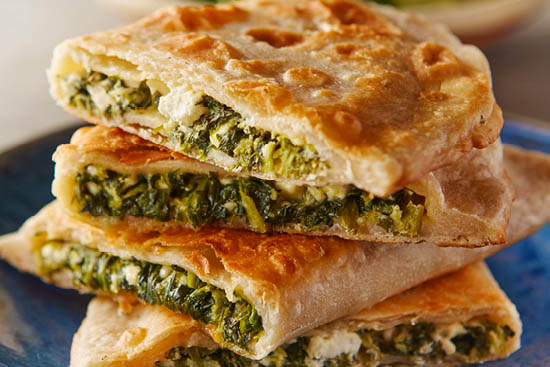
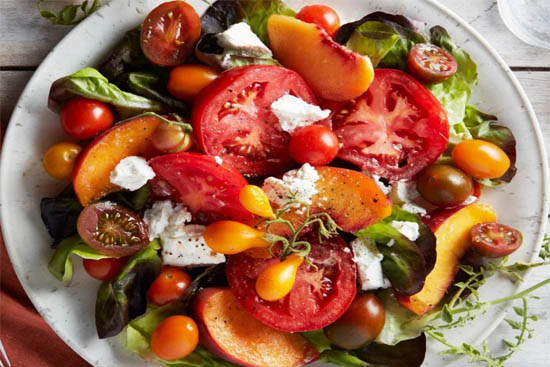

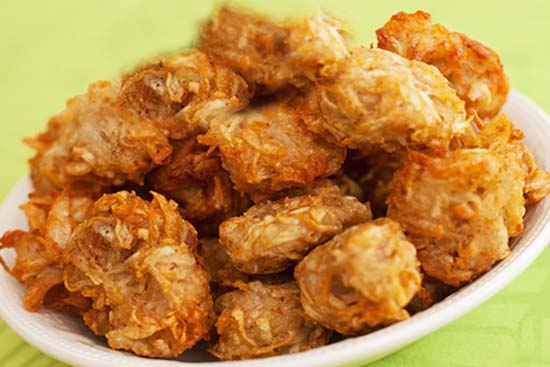
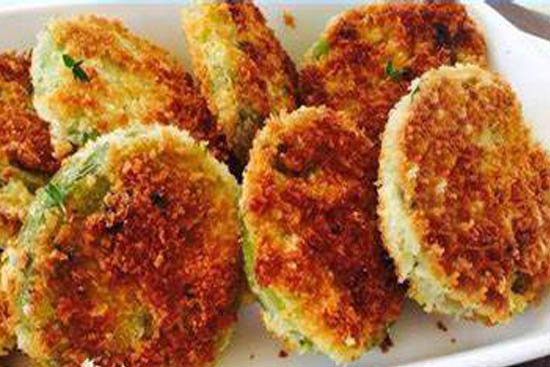

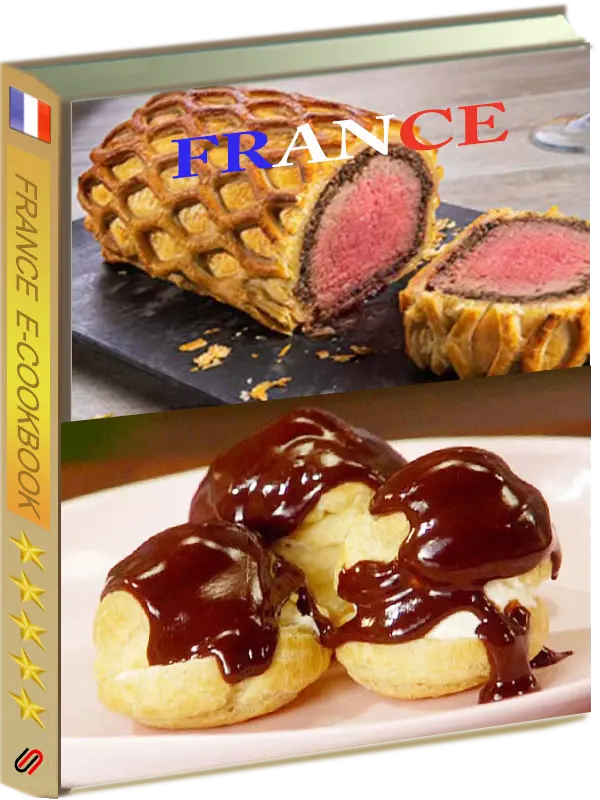
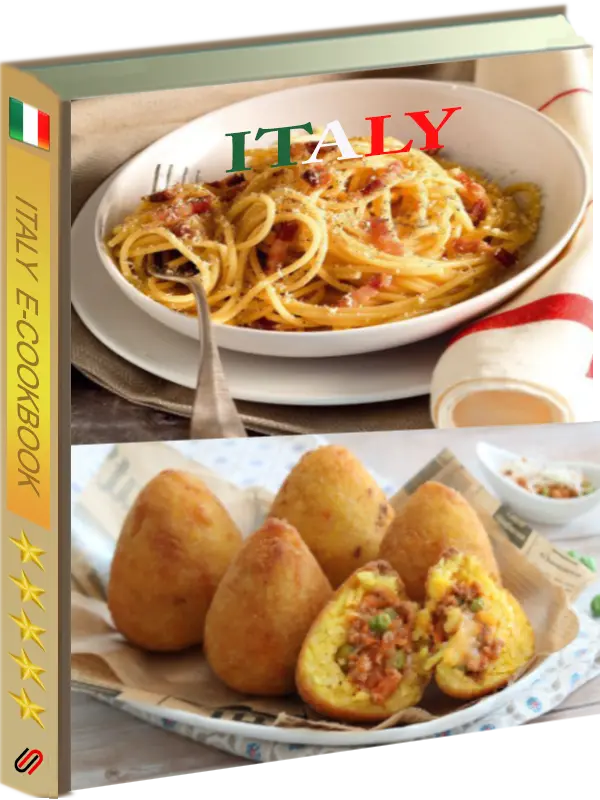
 United States - Capital: Washington, D.C.
United States - Capital: Washington, D.C. 